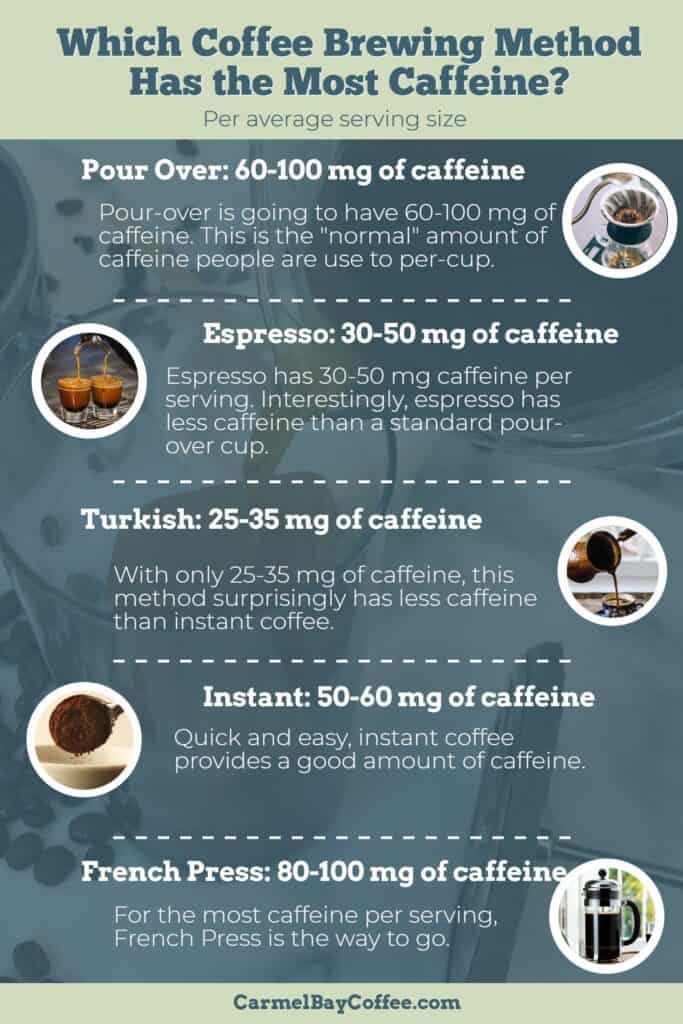A hot cup of joe in the morning is indeed a jack of all trades. Its aroma gently lifts you from bed, the caffeine ignites your cognitive engines, and the warmth aligns your path with whatever activities lie ahead.
Can this wild consumption of delicious java be playing against our daily pursuits? Some people believe that brewed coffee is severely dehydrating if poorly balanced with essential fluids.
Although this belief holds a bit of merit, recent studies have shown that coffee isn’t as devastating to our hydration as we thought.
So, the short answer is no, coffee doesn’t really dehydrate. It takes a lot of coffee to legitimately dehydrate you, which for most of us, gulping down an entire pot of coffee is no problem at all. Sure, there are better, more suitable beverages to enjoy for optimal hydration, but splurging on that extra cup isn’t going to harm you.
Keep in mind that this is still a highly debated topic with little research. But the study (WebMD) that is available points away from the traditional belief.
Is Caffeine A Diuretic?
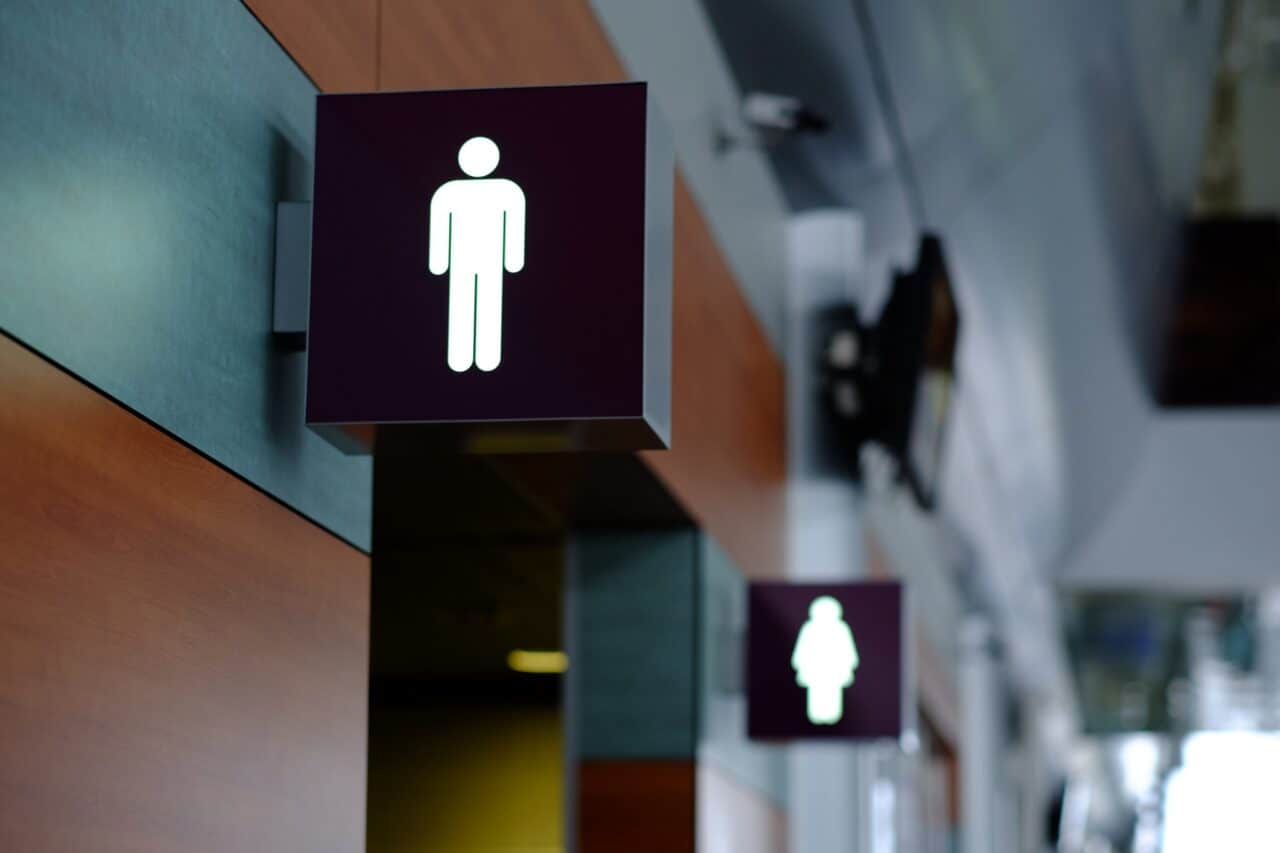
First off, a diuretic is any foreign substance that causes the body to increase in its urine production.
So, by these rules, virtually anything can be a diuretic in high amounts.
One of the oldest experiments performed (jamanetwork) to test this was back in 1928. The experiment consisted of 3 different people drinking a variety of tea, coffee, and even water laced with caffeine over the course of 4 months.
The volunteers purged caffeine from their systems for the first two months, then consumed a steady caffeine diet (about 4 cups of coffee a day) for the last two months of the study. During those last two months, the volume of their urine almost doubled during regular bathroom breaks.
So yes, caffeine could be considered a diuretic, but mildly.
Will Coffee Make You Pee More?
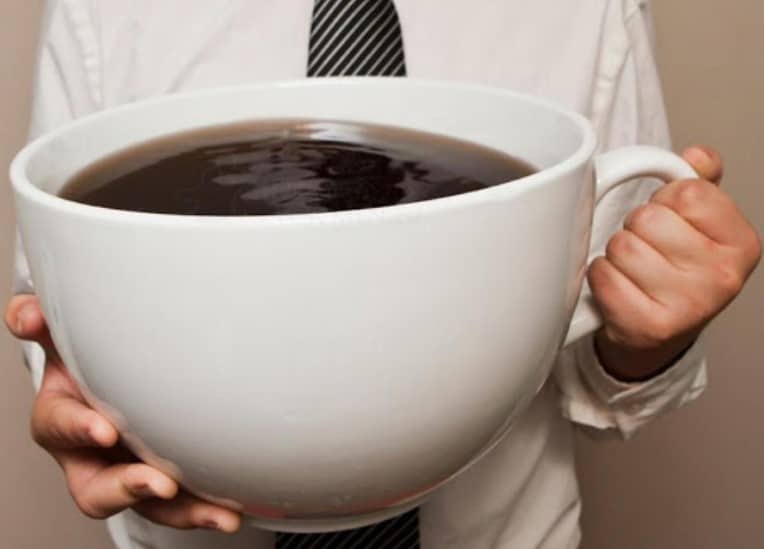
Caffeine speeds up the blood flow to the kidneys when consumed in hefty amounts (all of my mornings).
This works the kidneys into releasing extra water, causing increased urination.
If you have an overactive bladder or sensitive to foods and drinks that irritate your bladder, it can be an excellent idea to switch to decaf coffee. As mentioned, if you think coffee and tea fill up your bladder fast, it might just be a sensitivity to caffeine.
If it’s hard to narrow down and you’re still headed to the restroom all the time, Healthline has a list of foods and drinks that should be avoided if you have an overactive bladder.
Basically, if you drink a lot of coffee, you’re going to pee a little more.
Also, if you’re cutting back on your caffeine intake, stay away from instant coffee. This has more caffeine in it than other brewing styles like Turkish coffee.
For a complete list of how much caffeine is in every coffee brewing style check out our article, Which Coffee Brewing Method Has the Most Caffeine? This infographic is towards the bottom of the article.
Should You Drink Coffee To Maintain Hydration Status?
I almost didn’t want to look this one up. I know I drink too much coffee throughout the day and easily forget water.
It’s easy to forget between giant gulps of fresh coffee.
Thankfully coffee will keep you hydrated much more efficiently than you’d think.
Also, coffee counts towards your total water intake throughout the day. The diuretic effect of coffee does not offset hydration.
It was previously (and still very much is) believed that coffee itself caused dehydration. Studies done through recent years have shown this isn’t really the case. Specifically, by Katherine Zeratsky, from the Mayo Clinic, it’s been found that brewed coffee may be a suitable source of hydration (MayoClinic).
Now, I have to say that by no means am I telling you to stop drinking water to replace it with coffee; it just isn’t as detrimental to hydration levels as previously thought.
Caffeine in coffee is what causes explicitly hydrational issues by stimulating the kidneys into increased urination. According to Zeratsky,
Drinking caffeine-containing beverages as part of a normal lifestyle doesn’t cause fluid loss above the volume ingested.
Since you are ingesting liquid along with the caffeine, your hydration levels balance out, although you might be taking a couple of extra bathroom breaks.
This means you would have to drink an insane amount of coffee to fall victim to severe dehydration symptoms.
Zeratsky found that while coffee might cause a mild diuretic effect, it can’t be definitively linked to increased dehydration. Plain water is the better choice, but rest easy knowing that an extra shot of espresso isn’t going to kill you.
Will Decaf Coffee Dehydrate You?

Unless your barista mixed your order up, decaf coffee should not dehydrate you.
Remember, it’s the caffeine in coffee that carries the diuretic trait. Otherwise, you are basically just drinking water, except it’s been filtered through coffee grounds. In fact, decaf coffee has over 97% of its caffeine removed, making it an acceptable hydration source.
It would be best if you always drank plenty of water, but decaf coffee helps cut the margin to be considered a healthy water intake, up to a certain amount.
Like Oscar Wilde had once said, “everything in moderation, including moderation.” I’d like to think he was talking about coffee.
Individual Responses to Caffeine
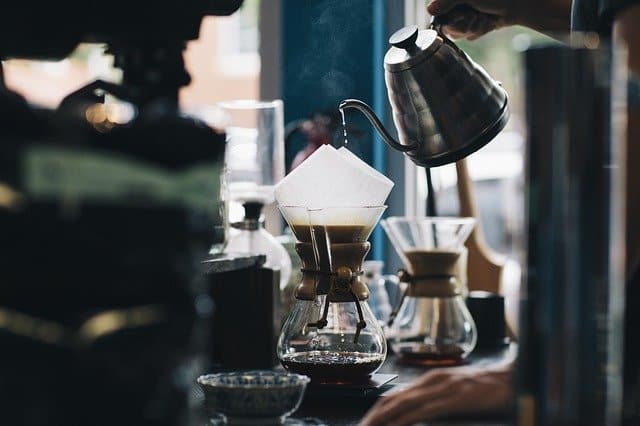
Some people are more affected by caffeinated drinks than others. We all know that person who gets all wound up after only having a cup. I’ll go over the three types of caffeine sensitivities:
- High sensitivity to caffeine
- Regular sensitivity to caffeine
- Low sensitivity to caffeine
The person who gets wound up easy after their first cup of coffee has a high sensitivity to caffeine. This really means is a person with this kind of sensitivity has a slow metabolism in the liver and a high binding in the central nervous system.
Someone with a regular sensitivity to caffeinated drinks can have 5 cups of coffee throughout the day without adverse reactions, like sleep disturbances or twitchy reactions.
For someone that finishes off their fourth cup of coffee while most people are still sipping on their first cup has a low sensitivity to caffeine. While this individual can drink a pot of coffee in the morning without adverse reactions, it’s advised to ween off later in the evening.
Even though someone can have low sensitivity to caffeine, it’s best to limit coffee consumption intake not to disturb sleep.
If you’d like to dive deeper into the effects of caffeine I’d recommended reading the Nutrition Insights article.
Effects of Drinking Too Much Coffee
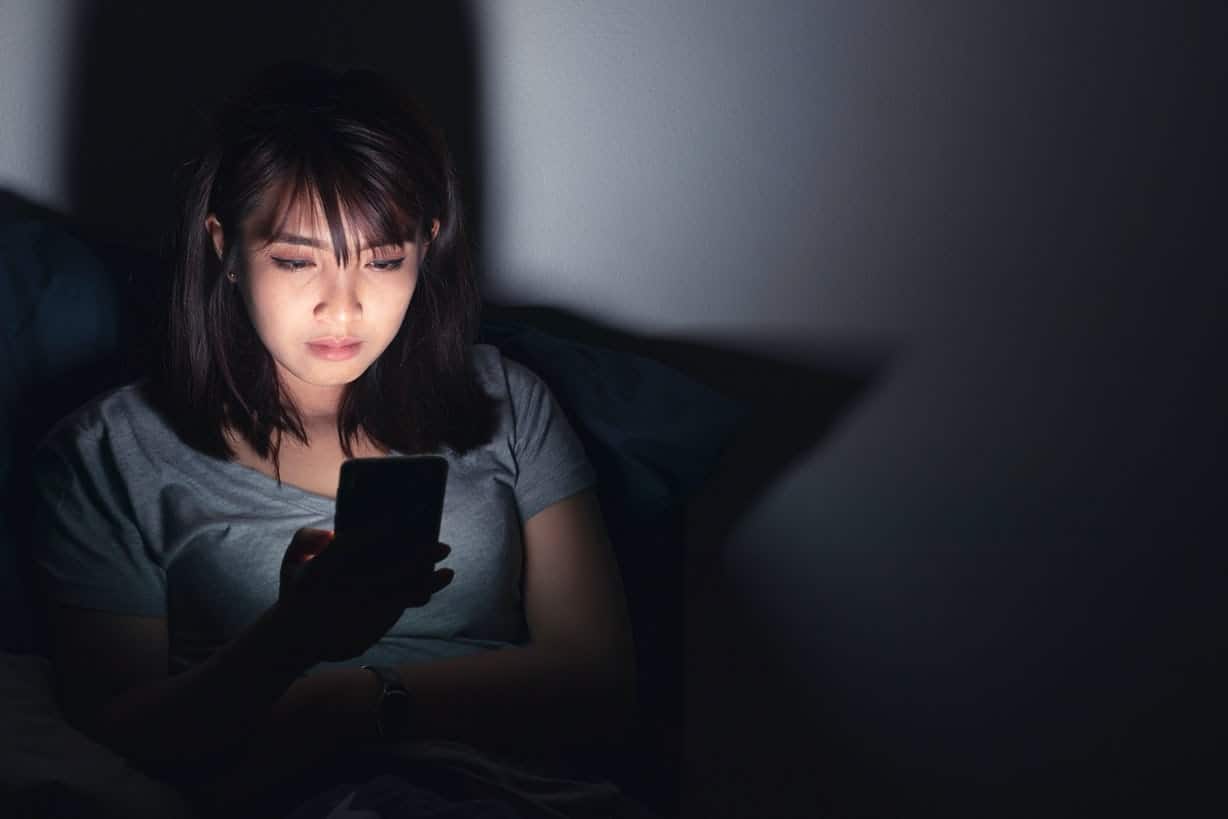
I’ve been feeling a bit personally attacked while writing this article. I would 100% define myself as someone who drinks too much coffee.
After all, caffeine is a drug that is universally accepted under the stare of the public eye. It’s far too easy to overlook the potentially harmful effects that too much coffee can cause.
Yes, there is such a thing as too much coffee.
It’s not always severe. We have all experienced a caffeine-induced headache brought on by one cup too many.
Or the whole “too much of a good thing” issue, when the caffeine begins to play against itself, making you feel sluggish and fatigued. When you consume too much, it tends to overstay its welcome.
Additionally, vast amounts of coffee within a short period of time may dehydrate you, as discussed above.
A more crucial side-effect is the disruption of your Circadian Rhythm.
Besides having a cool name, this is your body’s internal alarm clock responsible for waking you up and sending you to bed. When your body senses it’s getting late, your brain receives doses of melatonin that help wind you down. When waking up, your adrenal glands release hormones that help kick your brain into gear.
It’s the reason you experience jetlag when traveling through different time zones.
Too much coffee first thing in the morning will slow the production of these natural hormones, significantly reducing the natural boost from your body. This can throw your whole system off, making you feel tired during abnormal parts of the day.
For some people, this in-balance leads to insomnia. Which all the late-night hustlers know all about.
Wrapping Up
So, are you a heavy coffee drinker? Which area do you fall into High, regular, or low sensitivity to caffeine? I’ve known people that swear up and down that coffee doesn’t affect them. Let us know down in the comments where you fall into!

